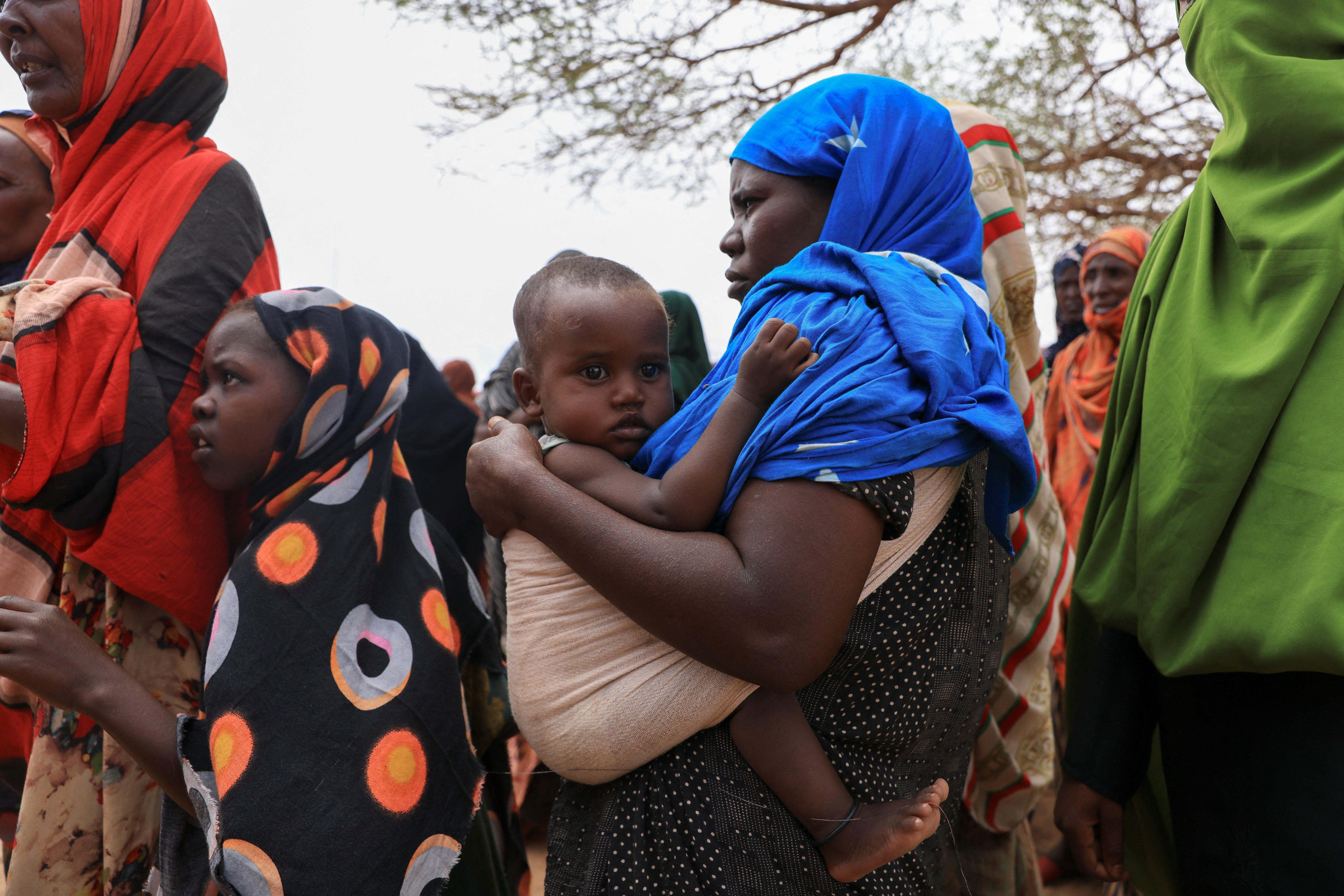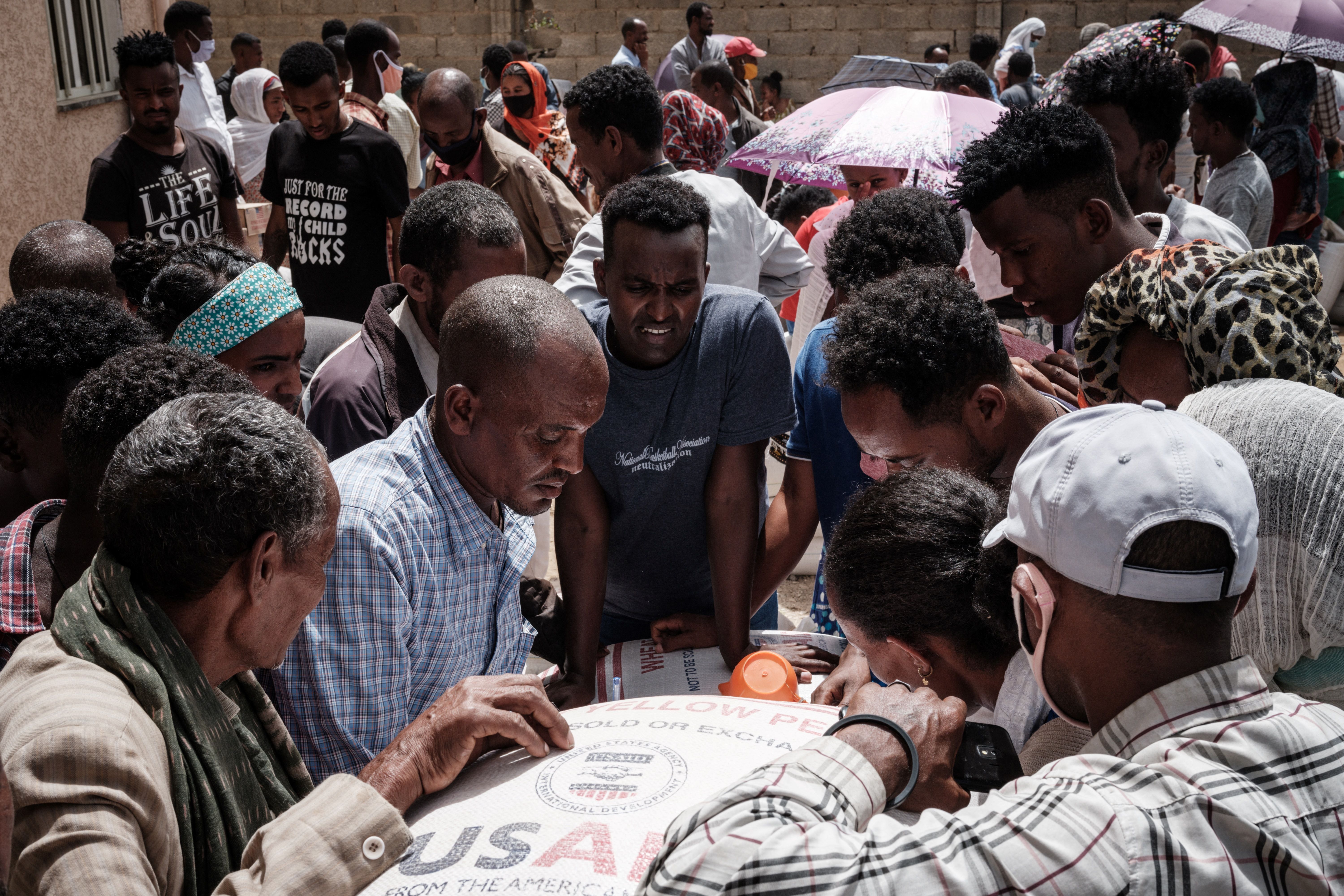Ethiopia seeing ‘dramatic’ increase in child marriage amid worst drought in decades
Catherine Russell, Unicef’s executive director, says spike was ‘quite dramatic’

Ethiopia is witnessing a “dramatic” increase in child marriages as the Horn of Africa faces one of its worst droughts in decades, Unicef has warned.
Parts of Ethiopia, Kenya and Somalia are suffering their driest conditions in more than 40 years, causing mass displacement for millions and widespread hunger.
Catherine Russell, Unicef’s executive director, told The Guardian that harsh conditions meant that Ethiopian girls faced being married at a younger age so that their parents could seek a higher dowry.
Parents also had the additional hope that their daughters would be looked after by richer, better resourced families.
In East Hararghe, part of the Oromia region, local government data showed that child marriage cases increased from 70 cases in a six-month period during 2020-21 to 106 in the same period a year later. Five other areas in in Oromia have also seen significant rises in child marriage.
Ms Russell said the increase in child marriages was “quite dramatic” and added that more than 600,000 children are thought to have dropped out of school due to the drought.
She added that young girls who are forced to leave their homes can be further at risk of gender-based violence.
“These people [have their daughters married] because they’re desperate for one reason or another: they’re afraid of violence; they’re afraid for the safety of the girls; they need resources; they can’t afford to feed them,” Ms Russell told The Guardian.
Ms Russell, who visited drought-hit areas this week, said the charity has already started treating malnourished children who are being forced to drink contaminated water.
It comes as UN aid chief Martin Griffiths warned last week that two million children are at risk of starving to death and that the organisation had only a fraction of the $1.4bn it needs to respond to the drought.
Addressing a closed-door donor conference held in Geneva, he said: “The harsh truth we must acknowledge today is that we are in a race against time again to avert large-scale loss of life in 2022, and we don’t have the resources to do so.
“We must act now on a no-regrets basis. Lives are literally hanging in the balance.”

A fourth failed rainy season in the region is now a growing probability creating what Mr Griffiths said would constitute “one of the worst climate-induced emergencies in its history.”
The UN Intergovernmental Panel on Climate Change said heatwaves, droughts and extreme rainfall would become more frequent in coming decades as temperatures continue to climb.





Join our commenting forum
Join thought-provoking conversations, follow other Independent readers and see their replies
Comments